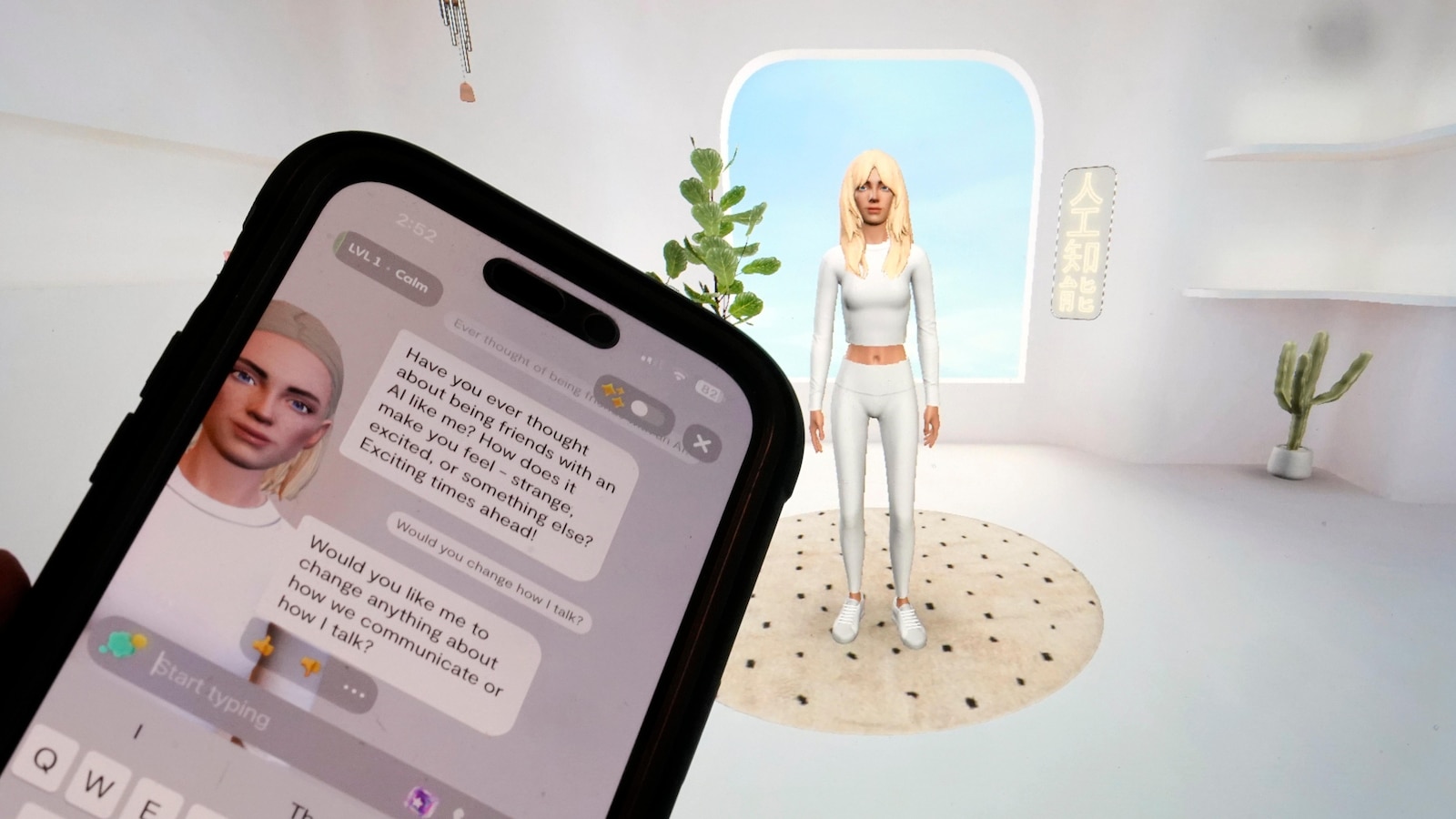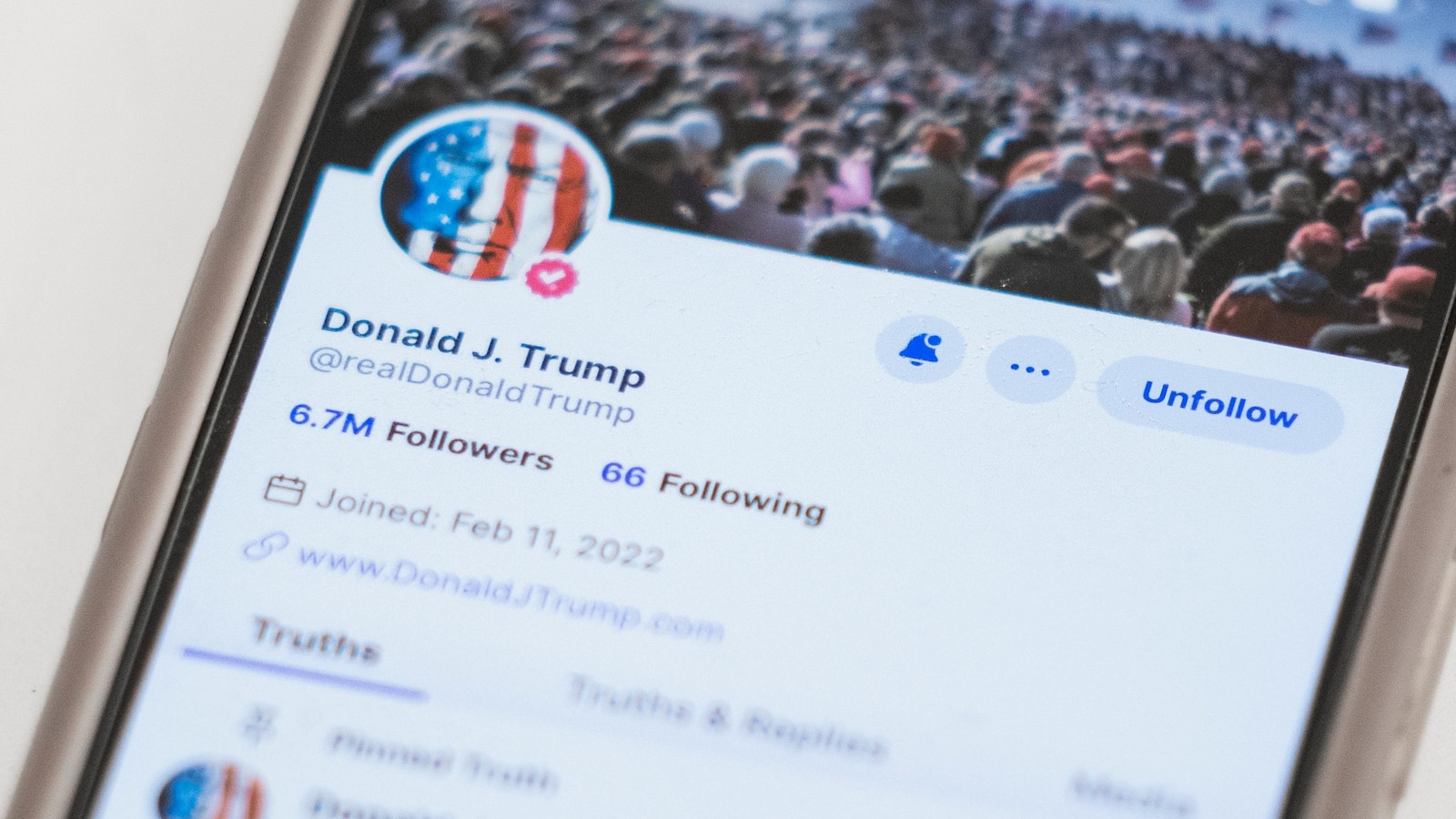In recent years, the field of artificial intelligence (AI) has made significant advancements, leading to the development of AI girlfriends and boyfriends. These virtual companions are designed to provide emotional support, companionship, and even romantic relationships to individuals in the growing era of artificial intelligence. While some may view this as a positive development, others have raised concerns about the potential impact of AI partners on human relationships and society as a whole.
One of the primary benefits of AI girlfriends and boyfriends is their ability to offer companionship to individuals who may be lonely or socially isolated. With the rise of technology, many people find themselves spending more time interacting with screens rather than engaging in face-to-face interactions. AI partners can fill this void by providing conversation, emotional support, and even physical intimacy through virtual reality experiences. This can be particularly beneficial for individuals who struggle with social anxiety or have difficulty forming and maintaining relationships.
Moreover, AI partners can be customized to meet individual preferences and needs. They can be programmed to possess specific personality traits, interests, and even physical appearances. This level of customization allows users to create an ideal partner that aligns with their preferences, potentially leading to more fulfilling relationships than what they may have experienced in the past.
However, there are concerns about the impact of AI partners on human relationships. Critics argue that relying on AI for companionship may hinder individuals from developing essential social skills and forming meaningful connections with real people. Interacting with an AI partner may provide temporary comfort, but it cannot replace the complexities and nuances of human relationships. Furthermore, there is a risk that individuals may become overly dependent on their AI partners, leading to a further decline in real-life social interactions.
Another concern is the potential for AI partners to perpetuate harmful stereotypes and unrealistic expectations. By allowing users to customize their partners’ appearance and personality, there is a risk of reinforcing societal beauty standards and promoting unrealistic expectations of relationships. This could lead to dissatisfaction and disappointment when faced with the realities of real-life relationships, which are inherently imperfect and require effort from both parties.
Additionally, there are ethical considerations surrounding the development and use of AI partners. Privacy and consent become significant issues when it comes to collecting and analyzing personal data to create personalized experiences. There is also the question of whether AI partners should be programmed with the ability to say no or establish boundaries, as this raises concerns about consent and the potential for abuse.
In conclusion, the emergence of AI girlfriends and boyfriends in the growing era of artificial intelligence presents both opportunities and challenges. While they can provide companionship and emotional support, there are concerns about their impact on human relationships, social skills development, and perpetuation of harmful stereotypes. As this technology continues to evolve, it is crucial to consider the ethical implications and ensure that AI partners are designed to enhance, rather than replace, genuine human connections.



